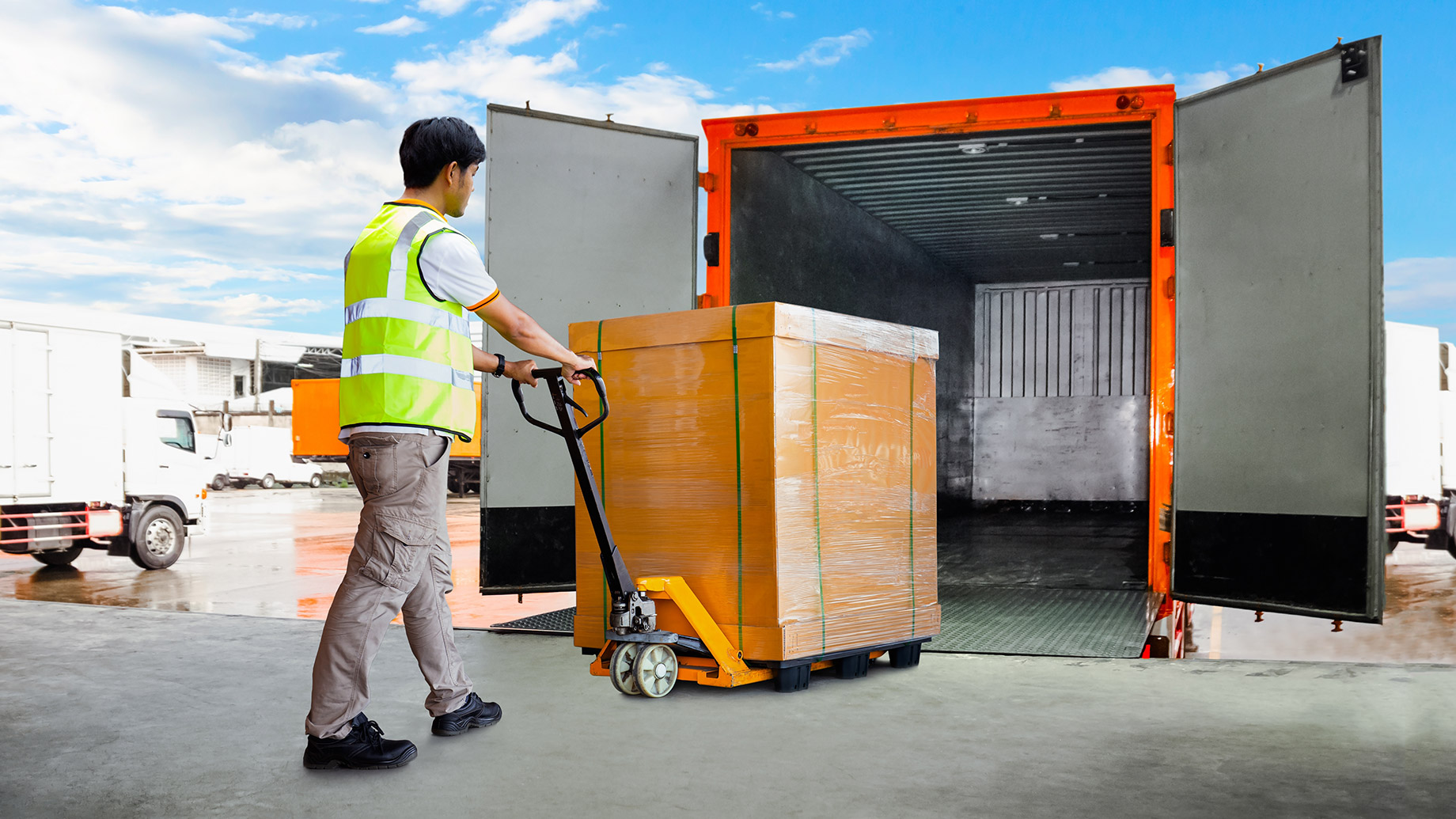
Truck rollovers are among the most severe types of accidents on the road, often leading to catastrophic injuries and significant property damage. One critical factor that significantly influences the likelihood of these accidents is load management. Ensuring that cargo is properly loaded, balanced, and secured is essential to maintaining a truck’s stability and preventing rollovers.
For those involved in truck rollovers, seeking the help of a Las Vegas Trucking Accident lawyer can be crucial in navigating the legal complexities and securing compensation for damages.
The Dynamics of Load Management
Load management involves the strategic placement and securement of cargo within a truck. Proper load distribution is vital as it affects the vehicle’s center of gravity. An unevenly balanced load can make a truck more susceptible to tipping, especially during sharp turns or when navigating curves. Ensuring that the load is evenly distributed helps maintain stability and control, significantly reducing the risk of accidents.
In addition to weight distribution, securing the cargo is equally critical. Unsecured or poorly secured loads can shift during transit, causing sudden imbalances that might lead to rollovers. Utilizing the right equipment, such as straps and tie-downs, and employing effective securing techniques can prevent dangerous shifts. This enhances overall safety by keeping the load stable and minimizing the chances of it moving unexpectedly.
Regular inspections of both the cargo and the securing equipment are necessary throughout the journey. Any signs of wear or damage to the securing devices should be addressed promptly to avoid failure during transit. Adhering to these load management practices not only ensures the safety of the truck and its cargo but also protects other road users from potential hazards caused by shifting loads and truck instability.
Factors Increasing Rollover Risks
Several factors can increase the likelihood of truck rollovers, particularly those related to load management. Here are the key factors:
- Overloading: Overloading a truck beyond its capacity strains the vehicle’s components, such as the suspension and braking systems, making it more susceptible to rollovers. Ensuring trucks are not overloaded is critical for maintaining stability.
- High Center of Gravity: Loads with a high center of gravity, such as stacked goods, pose additional risks, especially during sharp maneuvers. Trucks carrying such loads need careful handling to prevent tipping.
- Improperly Secured Cargo: If cargo is not properly secured, it can shift while the truck is in motion, destabilizing the vehicle and leading to a loss of control. This risk is heightened during high speeds, abrupt lane changes, or on uneven road surfaces.
- Speed and Maneuvering: High speeds and sharp maneuvers increase the risk of rollovers. Trucks must be driven at appropriate speeds, especially when navigating turns or making sudden movements.
- Even Distribution: Ensuring that cargo is evenly distributed and securely fastened is critical to mitigating rollover risks. Unevenly distributed loads can create imbalances that lead to instability.
Regulatory Standards and Compliance
Federal and state regulations provide comprehensive guidelines to mitigate the risks associated with improper load management. The Federal Motor Carrier Safety Administration (FMCSA) outlines rules regarding cargo securement, weight limits, and load distribution to enhance road safety and reduce the incidence of truck rollovers.
Trucking companies and drivers must adhere to these regulations to ensure safe operations. Regular inspections and maintenance are crucial for compliance, as they help identify potential issues with cargo securement and vehicle condition. Non-compliance can lead to severe penalties and increased accident risks, emphasizing the importance of following established safety standards.
Preventive Measures and Best Practices
Preventing truck rollovers requires a combination of proper load management, driver training, and adherence to safety protocols. Drivers should be trained to recognize the signs of improperly loaded cargo and understand the importance of load distribution. Additionally, they should be skilled in defensive driving techniques to handle unexpected situations on the road.
Incorporating advanced technologies, such as electronic stability control (ESC) and roll stability control (RSC) systems, can also enhance safety. These systems help maintain vehicle stability by automatically applying brakes and reducing engine power when a rollover risk is detected. Investing in such technologies can significantly reduce the likelihood of rollovers and improve overall road safety.
Role of Trucking Companies in Safety
Trucking companies play a vital role in ensuring proper load management. They are responsible for providing adequate training to their drivers and enforcing compliance with safety regulations. Regular audits and inspections can help identify and rectify issues related to cargo securement and vehicle maintenance.
Fostering a culture of safety within the organization is also essential. Encouraging open communication about safety concerns and promoting best practices can lead to better load management and reduced risk of rollovers. Companies that prioritize safety not only protect their drivers and the public but also avoid the financial and reputational costs associated with accidents.
Legal Consequences of Truck Rollovers
Truck rollovers can lead to complex legal cases, particularly when they result in severe injuries or fatalities. Determining liability often requires thorough investigations to assess whether improper load management, driver error, or other factors contributed to the accident. This process may involve reviewing the trucking company’s practices, driver logs, and compliance with safety regulations.
Victims of truck rollovers may seek compensation for medical expenses, lost wages, and pain and suffering through legal claims. Consulting a legal expert with experience in truck accidents is crucial to navigating these claims and ensuring that victims receive the compensation they deserve.
Impact on Victims and Pursuing Compensation
The impact of truck rollovers on victims can be devastating. Injuries sustained in such accidents are often severe, requiring extensive medical treatment and long-term rehabilitation. The financial burden of medical bills, combined with lost income due to the inability to work, can create significant hardship for victims and their families.
Pursuing legal action can help alleviate some of these burdens by providing compensation for medical expenses, lost wages, and pain and suffering. An experienced attorney can advocate for the victim’s rights, ensuring they receive the financial support needed to recover and rebuild their lives after a rollover accident.